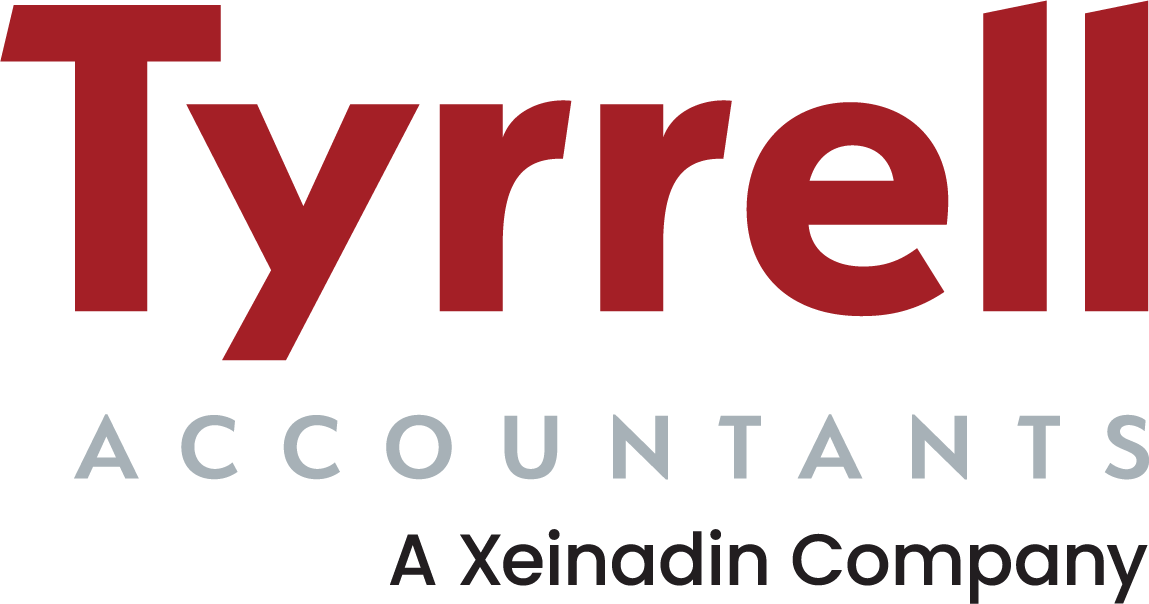Running a small business comes with many responsibilities. You’ve got goals to plan, tasks to get the business up and running, and as a result, many business owners struggle to get their feet firmly planted in their early days.
One common problem business owners encounter is budgeting, which is vital to any business’ success. Unfortunately, 80% of all small businesses fail in their first 5 years of trading, and 80% of those who survive will fail after 10 years. That doesn’t put the odds in favour of the business owner, and it’s commonly known that the majority of those failed businesses don’t succeed because of poor cash flow and because they weren’t profitable.
All of these issues lead back to budgeting. Without it, you’ve got a recipe for bankruptcy. Budgeting can help you keep track of everything from expenses to profits. It can also help you answer pertinent questions like “How much money does my business have?” or “How much money do I need to be making to be profitable this quarter?”
So, instead of leaving you overwhelmed at the prospect of working out your budget, we’ve put together this blog post to bring together the very best tips to help you manage your budget more effectively!
Define the incoming and outgoing revenue streams
Before you even consider creating your budget, you want to define all your streams of revenue. This would be everything from sales, accounts receivable, interest and any other sources that would be specific to your industry. Conversely, any outgoing streams could be anything from loans, utility bills, rent and so on.
What you’ll find in doing this is that a budget will keep you in the know about what you can afford. For example, if you find your expenses add up to more than your incoming revenue, you’re effectively spending more than you’re earning and should look at cutting expenses or generating more income.
Doing your research before creating your budget can go a long way in scoping out how similar businesses handle their finances. Similarly, researching the typical costs and sales trends of businesses in your sector can provide some valuable insight into what sort of financial activity could be heading your way.
Plan ahead and plan carefully
Problems can arise when you least expect them, which is why carefully planning ahead can be the difference between a business thriving and failing.
A key part of planning is to pay attention to your sales cycle. It doesn’t matter if your business operates around a calendar year, a fiscal year, or seasonally – you will undoubtedly go through busy and slow periods over the course of the 12 months. With this, you will notice a drop off in business but your outgoings will likely remain the same. Therefore, it’s crucial that you plan for situations like this to make sure you have extra money in the bank during any slow business periods.
Planning also applies to large and one-off purchases. You never know when a piece of equipment might break or needs replacing, or when your delivery van will need a costly repair, or when your store might need an emergency renovation. In any case, you should plan carefully to time these so that they’re budgeted correctly, as it can help avoid any financial burden on your business.
Part of planning ahead, especially with purchases, is the art of learning to prioritise. By learning to prioritise your purchases and spending, especially during slower months, you can avoid spending the remainder of the year making up for any losses or trying to find additional income if your business is beginning to struggle.
Revisit your budget regularly
A business’ budget is never static. As your business continues to evolve, so too will your budget, meaning you will want to constantly adjust your budget as your growth and profits soar.
It’s a good idea to revisit your budget at least quarterly, but ideally monthly, so that you can get a clear and up-to-date picture of your business’ finances on a regular basis.
Never look back, always look ahead
Looking back on something never does you any good! You might not have had the most profitable year, but if your business is still thriving, what is there to reflect upon? The important thing to remember is to always look ahead. Look towards your goals of hitting your turnover target, breaking your profit margins and more.
Growing your business shouldn’t be focused around numbers of the past – it should be focused on forward-thinking so that you can prioritise what’s to come for your business and how you can continue to prosper.
If you’ve got cloud accounting and a solid accountant supporting you, they’ll be utilising tools to help forecast and plan ahead, giving you the proactive support you need to constantly look forward with your business and work towards your targets.
Where to go for more advice
We’ve helped a plethora of businesses with budgeting, with many business owners working with us to scale their business and create a long-term plan that helps them grow over time.
If that sounds like something your business needs, then why not head over to our website to find out more information. We’re on hand to help you take control of your budget and your business so that you can reach your full potential!
